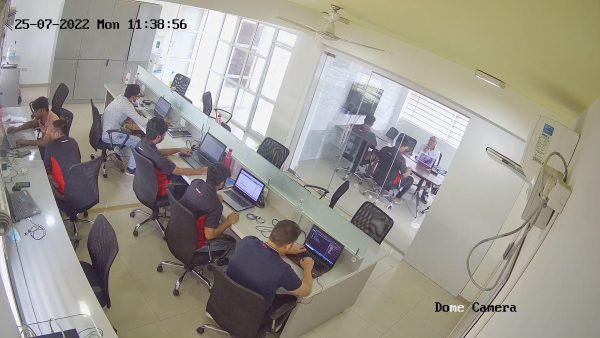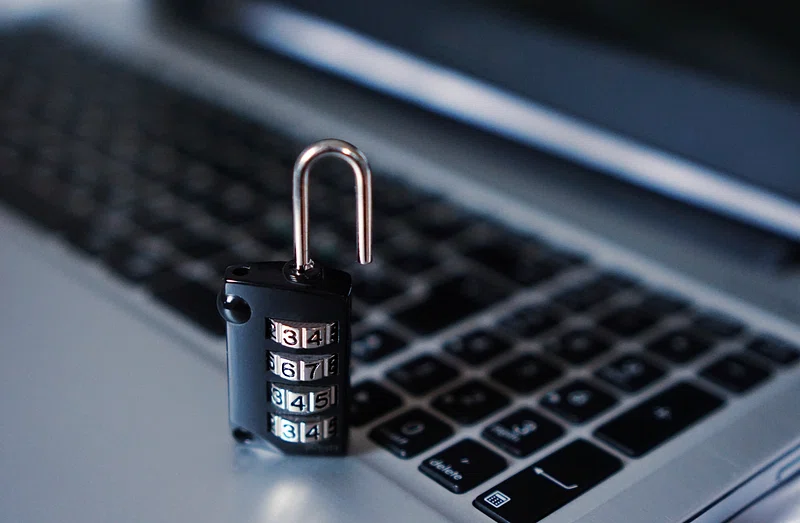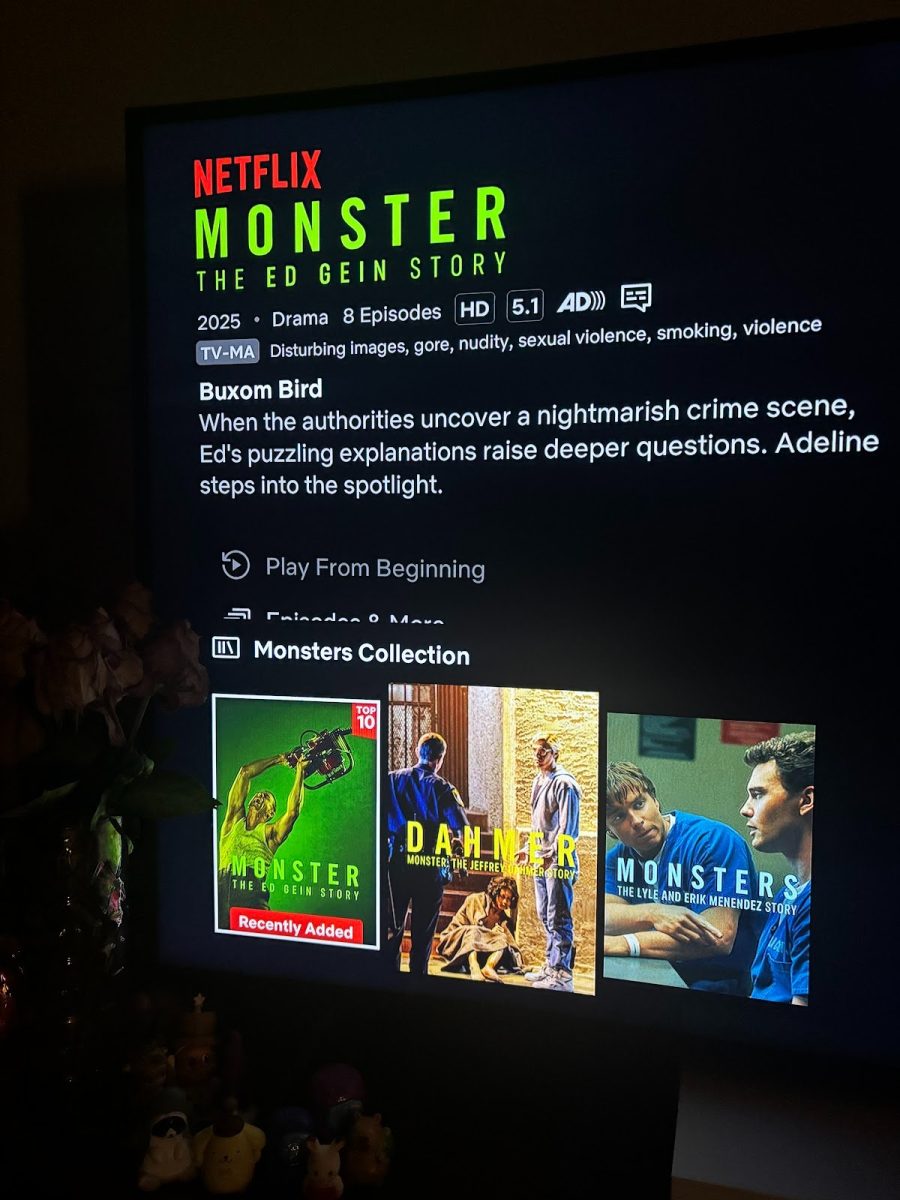Imagine a world without passwords. What do you think would happen if they did not exist? Endless data breaches, countless cases of identity theft, credit card fraud, and more? What if it were the opposite? What if it were safer to use other means of safety and authentication?
The world of technology is moving towards “passwordless authentication,” which means reducing the usage of traditional passwords and using other types of authentication. There is an upward trend of security measures that do not involve letters, numbers, and special characters, like fingerprint scans or facial recognition.
For instance, Google has implemented a new feature available for all Google accounts called a “passkey.” A passkey is a fingerprint, facial recognition, or pattern that you use to log in to your account without a traditional password. It is a safer and more convenient option for signing into your Google account.
Passwords could someday be obsolete because of these new safety measures. They can help users sign in faster and are simpler. A study from FIDO Alliance in 2024 found that 60% of people know that they can use passkeys, and at least 20% use them every day instead of passwords.
The reason why the world is moving away from passwords is that they are weak, annoying, and widely used, meaning that if one of your accounts gets hacked, more of them most likely will too. Hackers cannot precisely imitate the different intricate qualities of your face, like the depth of your eye sockets, the size of your ears, and the width of your mouth. This is why many people use facial recognition for security. They are much more complicated than passwords.
While multi-factor authentication (also known as 2-factor authentication or 2FA) can help with account security, it is not always reliable. For example, if you get locked out of an important account, you may not be able to regain access because these safety measures depend on the account holder to have access to sign in on other devices or in different locations.
Another company rolling out biometric security is MasterCard, a credit/debit card company. Mastercard is implementing the use of fingerprint scans and facial recognition for account security purposes. People with MasterCard apps on their phones can use the built-in fingerprint scanner or their camera to use instead of passwords, increasing account security greatly.
In Europe, at least 50% of e-commerce sites with MasterCard have incorporated passkey authentication, which is great for the security of payments, and is very important for keeping people’s money safe. Over 170 million Americans (over half of America) also use facial recognition for security, and over 130 million of them use it daily, based on information from a CyberLink survey in 2022. Facial recognition decreases the risk of being hacked greatly because hacks usually target weak and overused passwords.
Over 15 billion accounts have been found to support passkeys, and in 2024 alone, passkey use doubled in total, as stated by FIDO Alliance. FIDO plans to roll out passkeys to all of its consumer and employee accounts to increase safety for the company.

Scams are being affected by passkeys, too. Usually, scams involve the user entering a password into a faulty site or giving access to an account through a phone call, but now, remote access is much harder because scammers will either require facial recognition, a fingerprint, or multi-factor authentication. This is another reason why passkeys are so useful.
Information from State Of Passkeys shows that 98% of all devices that have been surveyed are passkey-ready, and 100% of surveyed devices can use web authentication like QR codes and digital signatures for signing in to most services.
Information from another banking/personal payment company, PayPal, says that using passkeys reduces vulnerabilities associated with traditional passwords because they cannot be replicated/found like passwords usually are.
When you use passkeys instead of passwords, it not only protects your accounts but also protects your life. If somebody gains access to your accounts, they can access private information like banking details, legal documents, and any other information that you may have stored in cloud storage.

















Harrison Morand • Oct 9, 2025 at 11:33 am
Great article William!